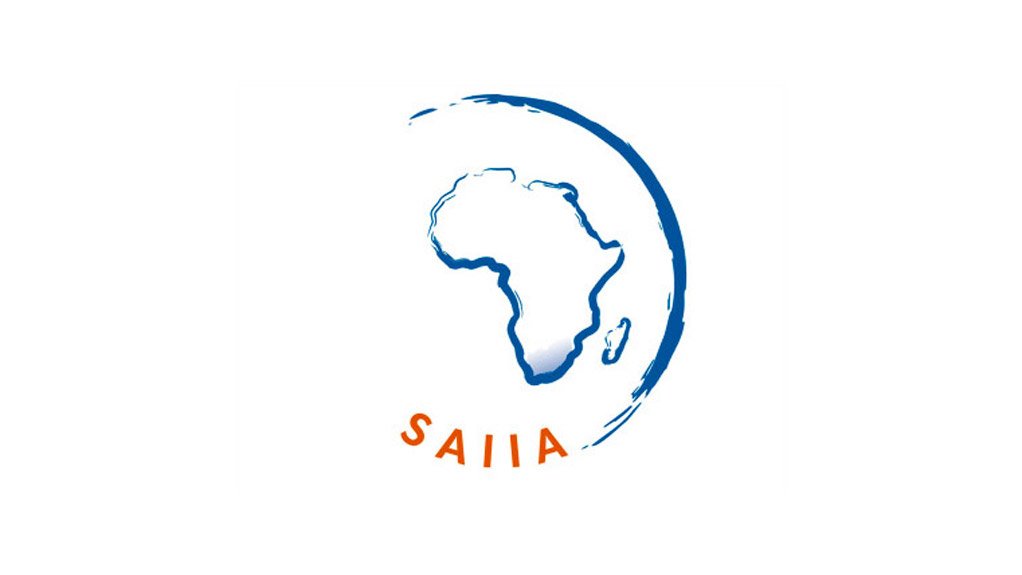As a mining jurisdiction, South Africa’s score (relative global rank indexed out of a maximum of 100) on the Fraser Institute Investment Attractiveness Index has fallen from 56.1 in 2011/12 to 52.6 last year. The country ranked 64th out of 122 competitors, eclipsed by Tanzania, Namibia, Botswana, Burkina Faso, Ghana, Madagascar and Côte d’Ivoire.
The index is constructed by combining the Best Practices Mineral Potential Index, which rates regions based on their geological attractiveness, and the Policy Perception Index, a composite index that measures the effects of government policy on attitudes towards exploration investment. An important caveat, however, is that respondents consistently indicate that policy factors account for only 40% of their investment decision.
This is often overlooked, especially as South Africa’s policy regime is regularly cited domestically as an explanation for declining exploration investment expenditure. However, in a commodity price downturn and global secular stagnation (a huge slump in total factor productivity growth in the world’s major consumer markets), it is this 40% that can make all the difference between attracting investment or not.
China, a major consumer of Africa’s raw minerals in the past decade, is shifting its economy away from export-led manufacturing into services and greater domestic consumption. While this is crucial for China to rebalance its overheated economy, it means demand for products such as coal and iron ore, in which South Africa is rich, will necessarily be on a new (lower) price trajectory.
But greater emphasis on consumption, strongly encouraged in China’s 13th five-year plan (2016-2020), will mean greater demand for products such as copper and bauxite, inputs into technology products such as tablets and smartphones.
If South Africa wants to ensure its geological attractiveness translates into investment, policy reform is all-important, as is intelligence gathering about the composition of future global mineral demand.
The United Nations Economic Commission for Africa’s Africa Mining Vision advocates 'thinking outside the mining box' and 'opening out mining’s enclave status so that Africa can move from its historic status as an exporter of cheap raw materials to manufacturer and supplier of knowledge-based services'.
Unfortunately, in South Africa that kind of sentiment tends to be interpreted in a narrow way, with a resultant over-emphasis on metallurgical downstream beneficiation as the road to inclusive growth. This is understandable to the extent that Africa has been an exporter of high-bulk, low-value commodities and an importer of high-value, low-bulk products.
The desire to reverse these negative terms of trade has been strongly articulated by the likes of Ben Turok and Paul Jourdan. Many of their ideas about establishing industrial clusters to take advantage of the minerals value chain were ultimately reflected in the amendments to South Africa’s mining legislation.
The Mineral and Petroleum Resources Development Amendment Bill is now back in Parliament, facing an uncertain future after President Jacob Zuma declined to sign it into law in January.
Turok himself has expressed concern that South Africa’s 'policy doldrums' were hurting the mining industry’s long-run growth potential.
A new South African Institute of International Affairs paper agrees that South Africa requires rapid mining policy reform in line with the National Development Plan’s calls for greater stability and predictability (along with less ambiguity and ministerial discretion). The paper also interrogates the arguments that have been offered in favour of downstream beneficiation, and suggests that greater emphasis needs to be placed on upstream and horizontal linkages.
Perhaps more importantly, South Africa has to move into a different 'product space' that is less directly dependent on mining, as minerals are finite.
Written by Ross Harvey, senior researcher, resource governance programme, SAIIA
EMAIL THIS ARTICLE SAVE THIS ARTICLE FEEDBACK
To subscribe email subscriptions@creamermedia.co.za or click here
To advertise email advertising@creamermedia.co.za or click here











